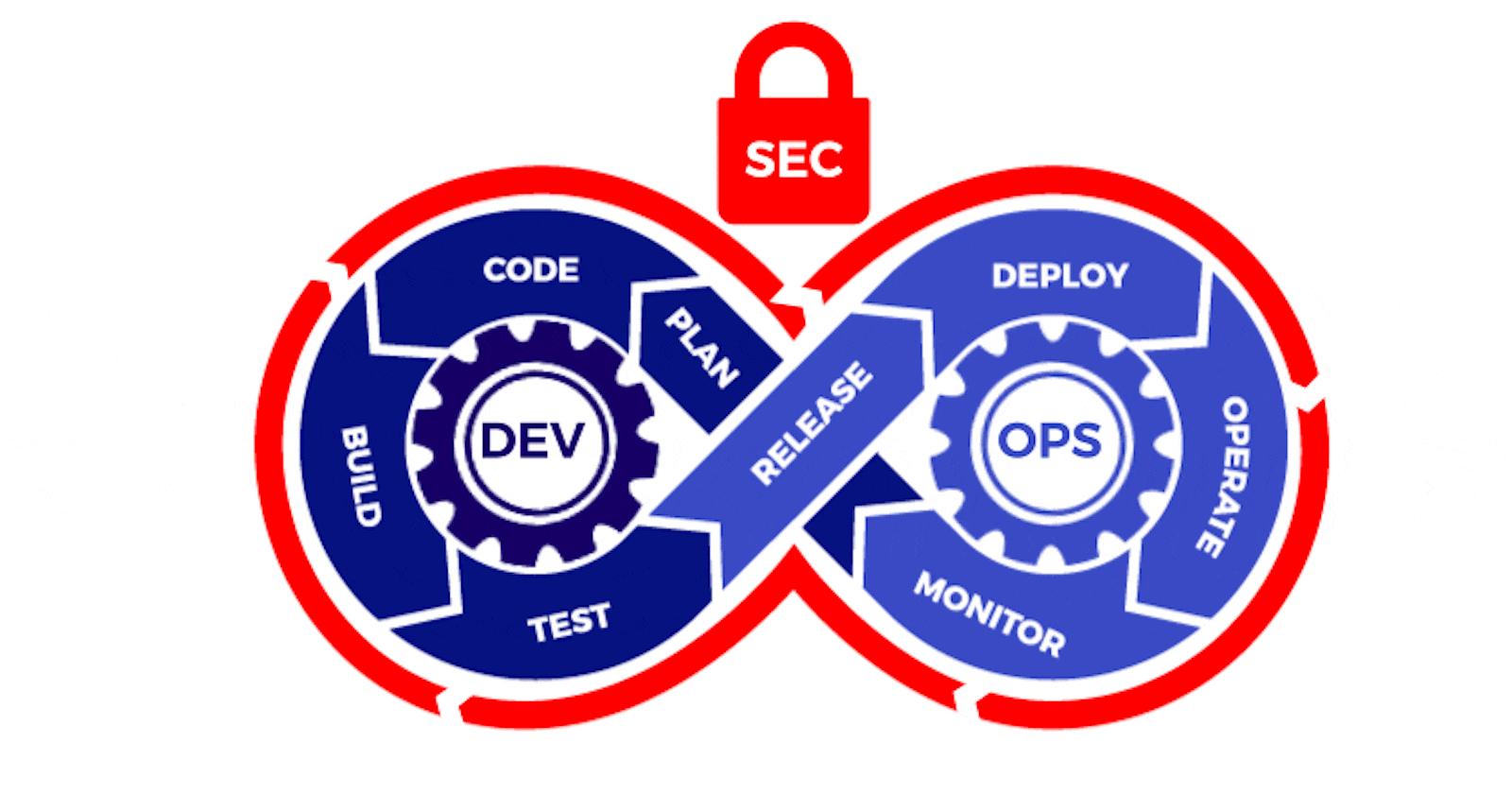Table of contents
DevOps comes from two words 'Dev' and 'Ops'. DevOps is a culture where both the Software Development team and IT Operations team work together. This is an infinite loop that never stops i.e. CI/CD - Continuous Integration / Continuous Deployment.
Why DevOps is important?
In the modern world, more and more businesses are embracing DevOps to speed up delivery and close the gap between their development and operations teams.
It helps in the continuous delivery of software
Better collaboration between teams
For easy deployment
Better efficiency and scalability
Errors are fixed at the initial stage
Some popular DevOps tools :
Jenkins - Jenkins is like a superhero who automates the complex tasks of building, testing, and deploying software. With Jenkins, you can set up a continuous integration and continuous delivery (CI/CD) pipeline that will automatically build your code, run tests, and deploy to production.
Docker - Docker is like a magician who can package your application and all its dependencies into a single, portable container. This makes it easy to move your application from one environment to another, and it ensures that your code runs consistently across different platforms.
Ansible - Ansible is like a master chef who can simplify complex deployments. With Ansible, you can automate the configuration of servers and other infrastructure components, making it easy to manage large-scale deployments.
Git - Git is like a time machine that allows you to go back in time and see the history of your code. With Git, you can easily track changes to your code, collaborate with others, and revert to previous versions if something goes wrong.
Grafana - Grafana is like a crystal ball that gives you visibility into the health of your systems. With Grafana, you can create dashboards that show real-time metrics and alerts, allowing you to quickly diagnose and resolve issues.
Kubernetes - Kubernetes is like a traffic cop who manages the flow of containers in your environment. With Kubernetes, you can orchestrate the deployment, scaling, and management of containerized applications, ensuring that they run reliably and efficiently.
These are just a few examples of the many DevOps tools available. By using these tools (and others like them), you can automate and streamline your software development and delivery process, making it faster, more reliable, and more efficient
